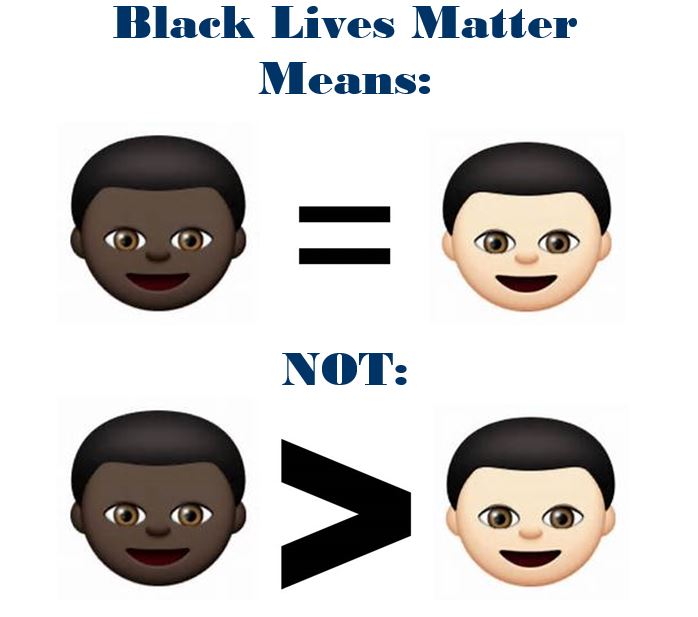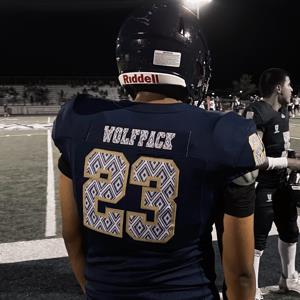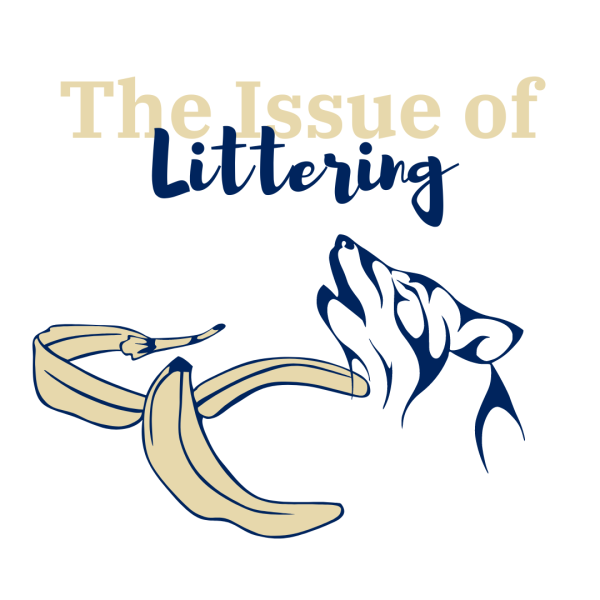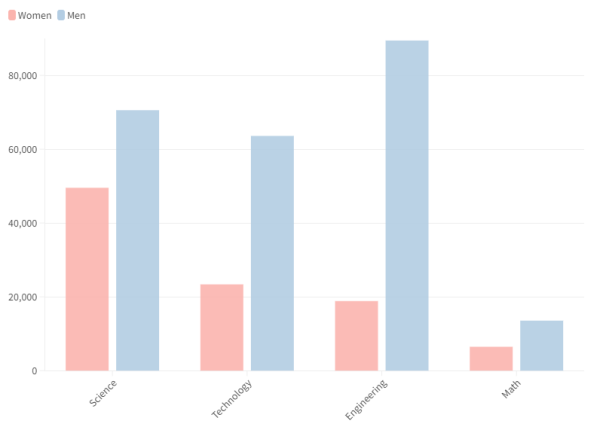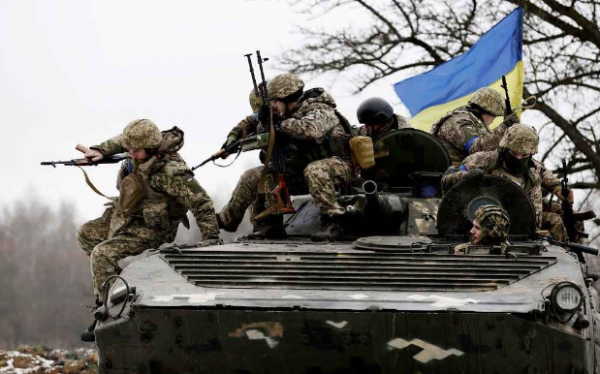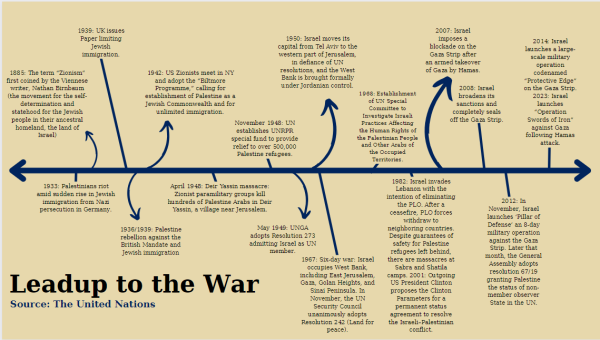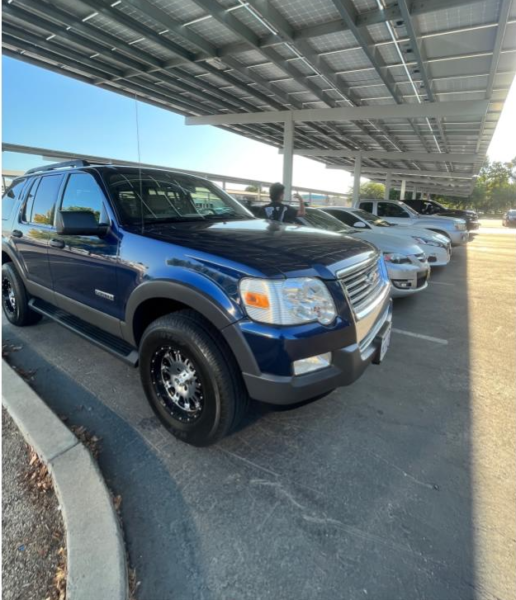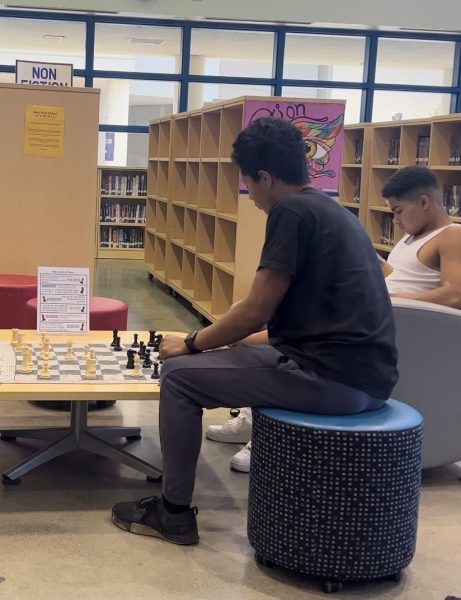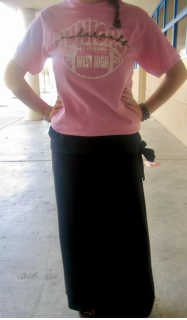#BlackLivesMatter
April 8, 2016
#BlackLivesMatter has been a major social media movement that has blossomed in the recent years. The movement was started by Alicia Garza and her sisters Opal Tometi and Patrisse Cullors in response to the 2012 shooting of the young African American male, Trayvon Martin. The sisters started the hash tag as a “call to action” after the neighborhood watch, George Zimmerman, who shot Martin was tried for the murder and not found guilty; the sisters felt he “was not held accountable for the crime he committed.”
By starting the movement Garza hoped it would serve as “an ideological and political intervention in a world where Black lives are systematically and intentionally targeted for demise.” She wanted it to also pay tribute to African American contributions to society and how the black community has stayed resilient “in the face of deadly oppression.” What started as a phrase used in conversation between the sisters has grown to be a nationwide cause and has taken root in the Bay Area. Protests in response to police shooting of Oscar Woods in Oakland and Mario Woods in San Francisco have included signs with #BlackLivesMatter underneath pictures of the two victims. Garza saw the reactions to these deaths and said,” It wasn’t OK for us to not be surprised that someone could not be held accountable for the murder of an unarmed, black teenager.” Cullors used the slogan to organize supporters into a mass protest in Ferguson which showed how the movement became a political and social cry for justice.
The slogan has been met with much criticism as people change it to #AllLivesMatter. #BlacksLivesMatter has been attacked because it is believed to mean the African American race is superior to all others and that black lives matter more than other races. But those who defend the movement clarify that the slogan is not saying one is better but that the value of African American lives must be emphasized because they do not seem to matter as much especially in the eyes of the law. Garza responds to censure by saying,” When we say Black Lives Matter, we are talking about the ways in which Black people are deprived of our basic human rights and dignity.” She wants the movement to call out black poverty, genocide and the 1 million black people in jails as state violence. According to the Center on Juvenile and Criminal Justice, African Americans are 4.5 times more likely to be killed by police than any other race or group. This is the situation the movement was created to rectify; the slogan did not begin to put African Americans on a pedestal. Garza does acknowledge that other lives of different races have been “criminalized and oppressed in various ways.”
Even though Garza does not believe the statement should be changed she wants people to see that the “liberation” of black lives is essential to the liberation of every race. She says,” When Black people get free, everybody gets free.”

